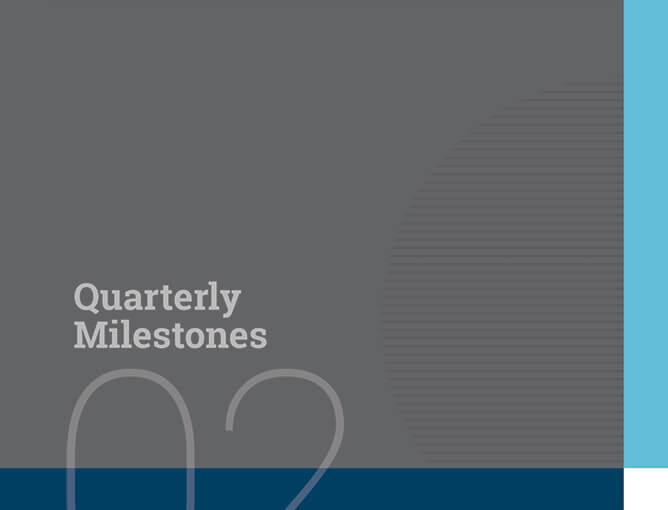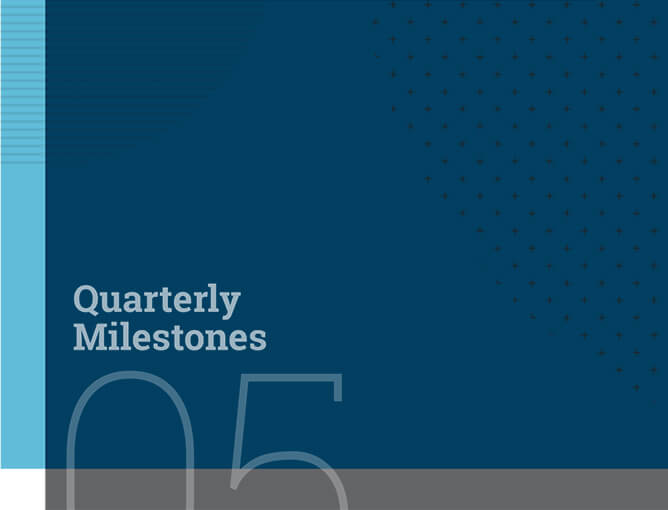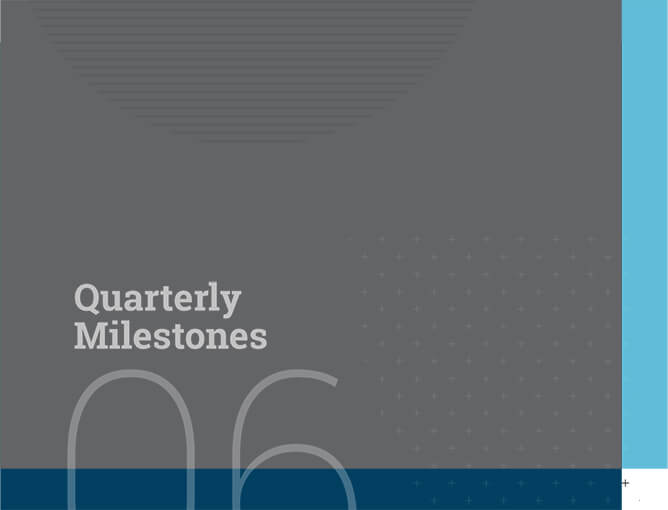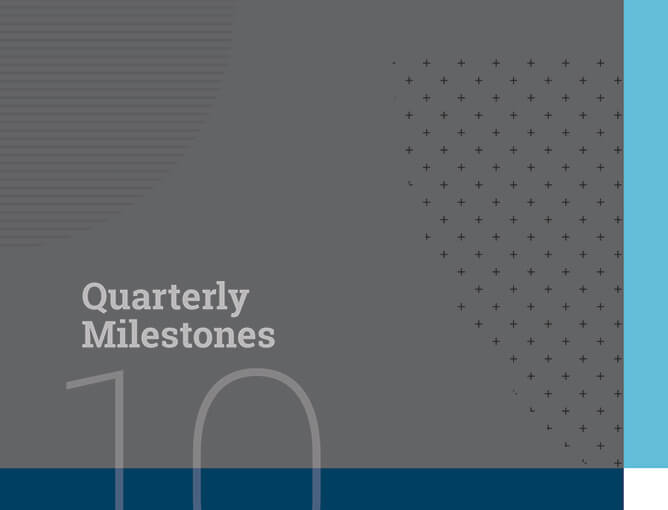
Himanshu SinhaPartner

Shashank ShekharCounsel

Tushar JoshiSenior Associate
Key Developments
-
Supreme Court holds that service tax is payable on the import of Engineering Design and Drawings
The Supreme Court, in Commissioner of Customs v Suzlon Energy Ltd., has held that the import of ‘Engineering Design and Drawings’ on paper for the purpose of manufacturing Wind Turbine Generators can attract the levy of service tax. While the importer was importing the designs and drawings at Nil rate of duty treating it as paper, the Court observed that the same activity can be treated as import of ‘goods’ as well as ‘services’ and on the aspect of services, there may be levy of service tax.
The decision is significant for pre-Goods and Services Tax (GST) era disputes where designs and drawings, whether on a standalone basis or along with the import of other goods and equipment, were imported for manufacturing, erection and commissioning, and other operations in India.
-
Supreme Court rules against the levy of service tax on User Development Fees
The Supreme Court, in Central GST, Delhi-III v Delhi International Airport Ltd. (DIAL), has held that User Development Fee (UDF), which is levied and collected by the airport operation, maintenance and development entities (such as DIAL) from passengers, is not amenable to service tax. The Supreme Court held that UDF is a statutory levy, and its collection was not premised on any service. The Court further observed that the utilisation of funds from UDF was monitored and regulated under the Airports Authority of India Act, 1994, and the non-deposit thereof into the government treasury, per se, does not make UDF any less statutory levy or compulsory exaction.
This decision is important as the tax department, in the past and at present, has sought to tax various fees and payments which are mandated under statutes, such as royalties on mining leases, etc.
-
Supreme Court holds that satisfaction of pre-import condition was mandatory to avail of Integrated Goods and Services Tax exemption in respect of goods imported under the Advance Authorisation Scheme
The Supreme Court, in UOI and others v Cosmo Films Ltd., has held that the exemption from Integrated Goods and Services Tax (IGST) under the Advance Authorisation Scheme could be availed of only if the pre-import condition mandated for such exemption was fulfilled, in respect of goods cleared between 13 October 2017 to 9 January 2019. That is, from the date of notification of the exemption till the removal of the requirement to fulfil the pre-import condition on 10 January 2019.
The pre-import condition stood satisfied when it was established that goods imported against a particular advance authorisation were used in relation to the manufacture of finished goods exported for the fulfilment of the export obligation of that authorisation.
While upholding the validity of the pre-import condition for the period during which it was in effect, the Supreme Court directed the tax department to allow respondents to claim refund or input tax credit of the IGST paid on the import of goods and instructed the tax department to issue an appropriate circular outlining the procedure for the same. In compliance, the Central Board of Indirect Taxes issued a circular dated 7 June 2023 providing the procedure for importers to pay IGST along with applicable interest.
-
Supreme Court delivers a split verdict on the rescindment of tax exemption to a taxpayer who acted under the legitimate expectation of availability of such exemption
The division bench of the Supreme Court, in KB Tea Product Pvt. Ltd. v CTO, Siliguri, has rendered a split verdict on the applicability of the doctrine of legitimate expectation where a sales tax exemption granted to the appellant-manufacturer was rescinded pursuant to amendments to the West Bengal Sales Tax Act, 1994. While concurrently holding that a statutory exemption does not create a vested right in favour of the taxpayers, the division bench differed on whether it was lawful for the state to rescind an exemption granted under a statute without any appropriate explanation or demonstration of public interest regarding the change in the law.
This decision once again revives the discourse on the applicability of the doctrine of legitimate expectation as a facet of Article 14 of the Constitution of India, which, recently, had been watered down in the judgments passed by the Supreme Court.













